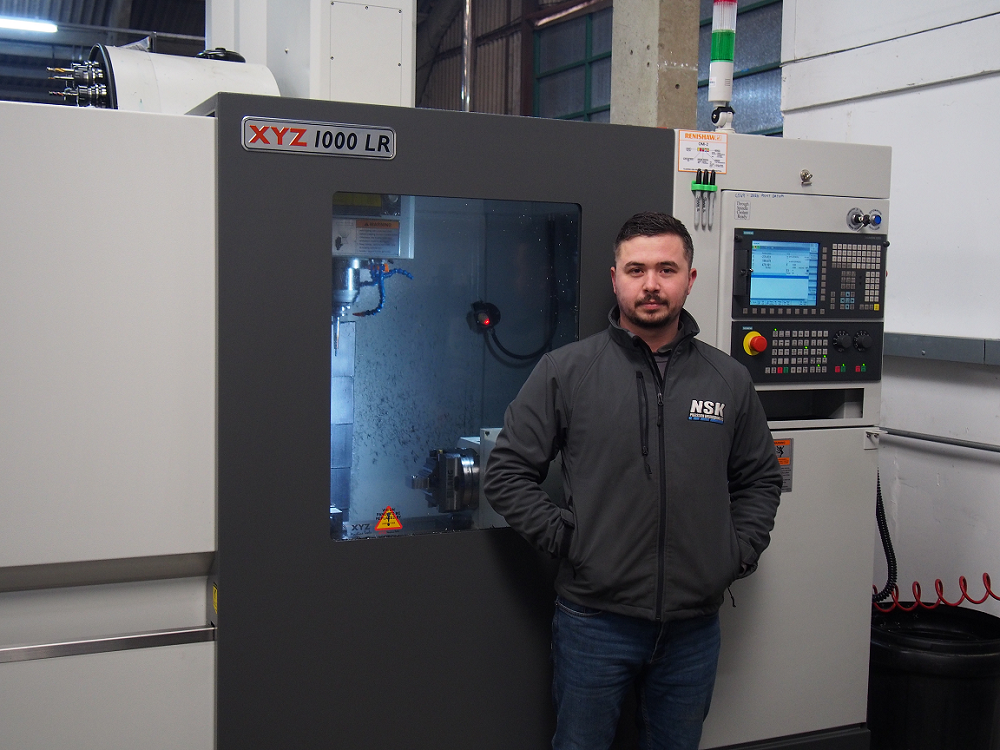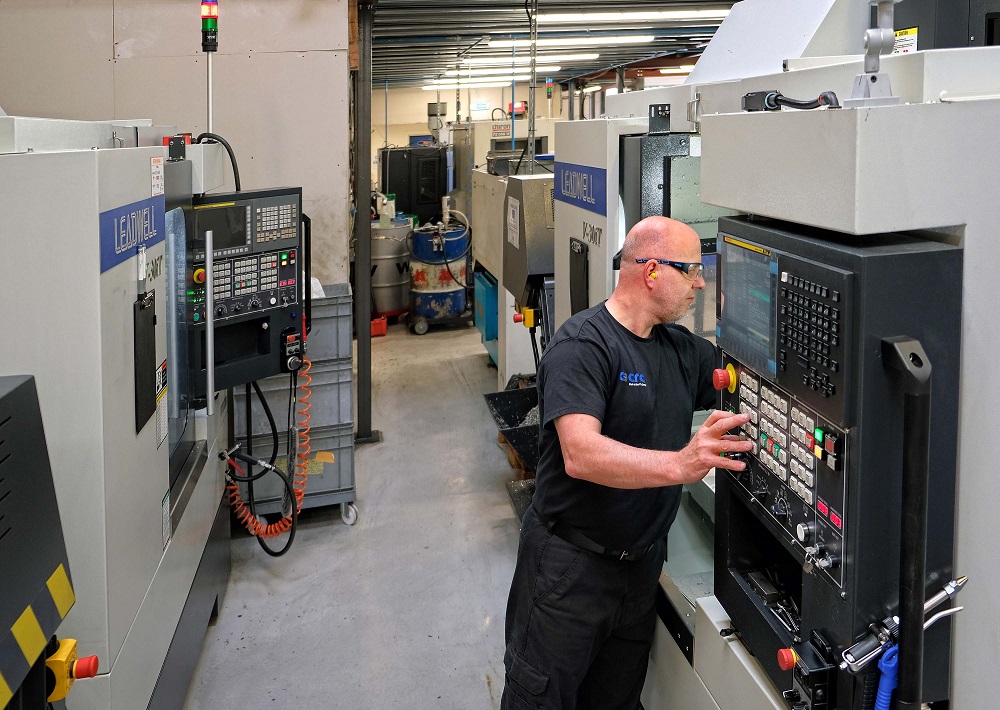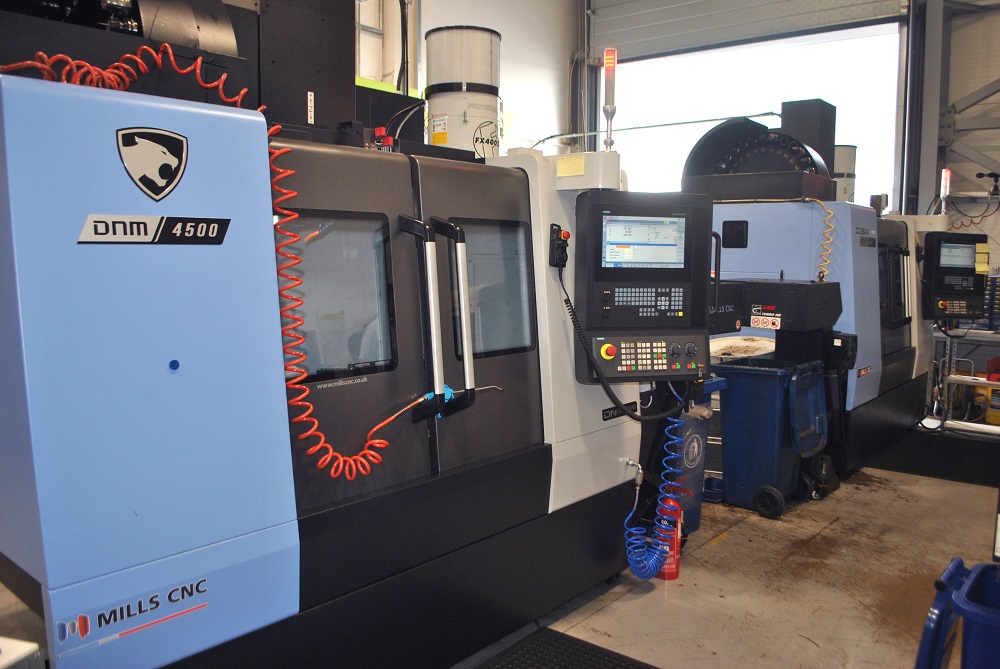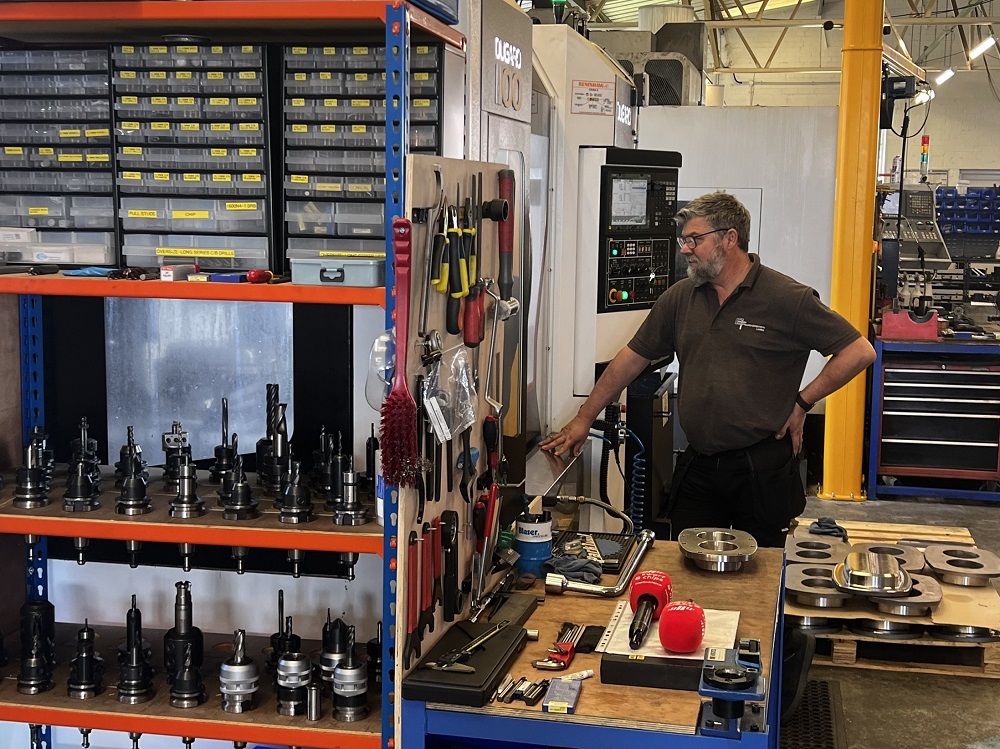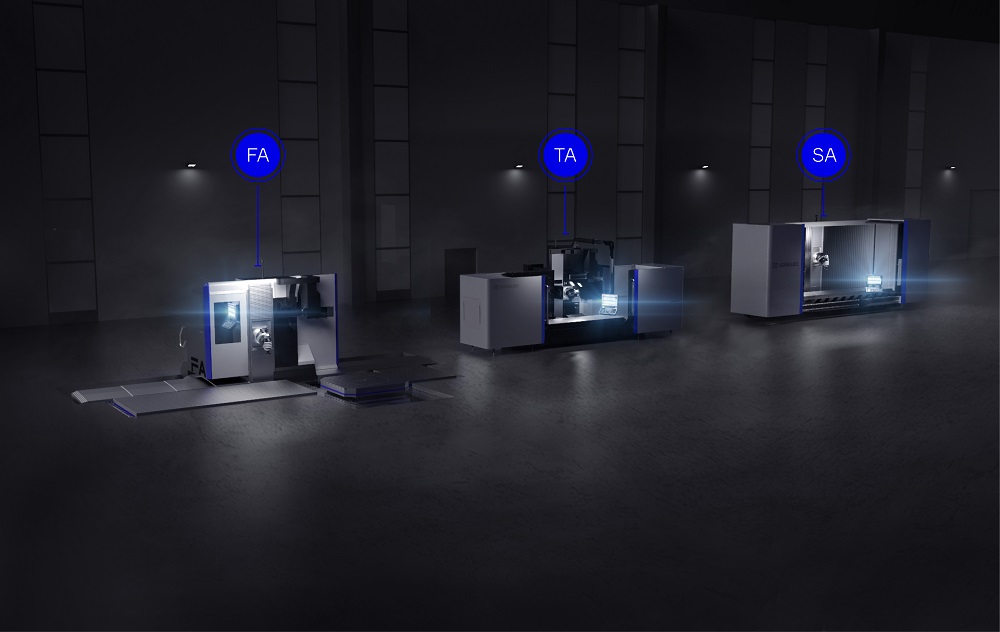James White joined NSK Precision Engineering in 2015 and took the company over in 2019, making a new CNC machining centre his top priority. His research led him to invest in anXYZ 750 LR with 750 x 440 x 500mm travel, Siemens 828D control (with optional ShopMill), and linear rail technology for fast acceleration and deceleration rates.
“XYZ Machine Tools listened to where we wanted to take the business, asking the right questions, showing that they understood how our company works,” he says.“They also came up with an attractive solution to get our CNC machining capacity started. We already had a 1994 XYZ turret mill with ProtoTRAK control, which is used daily, so this gave us extra confidence in our decision.”
Taking over NSK Precision Engineering, which has been in operation since 1995, was a steep learning curve, figuring out how to manage both the workforce and the day-to-day administration of the company. Additionally, White relocated the company from its previous 1500 sq ft factory to a new 10,000 sq ft site near Reading, while growing turnover by 700% and increasing his workforce from two to seven.
“Previously, we were subcontracting a lot of work to local companies,” he explains.“Investing in CNC has enabled us to take this work back in-house, which gives us more control over quality and delivery while at the same time improving our profit margins. At the old factory, we were limited for space, restricting which XYZ machine we could choose. With the new factory and the increase in workload we’ve been able to make a further investment in a XYZ 1000 LR with 4th-axis rotary table, Siemens 828D control with the ShopMill option, expanded 24-station tool carousel and a swarf conveyor.”
For further information www.xyzmachinetools.com






